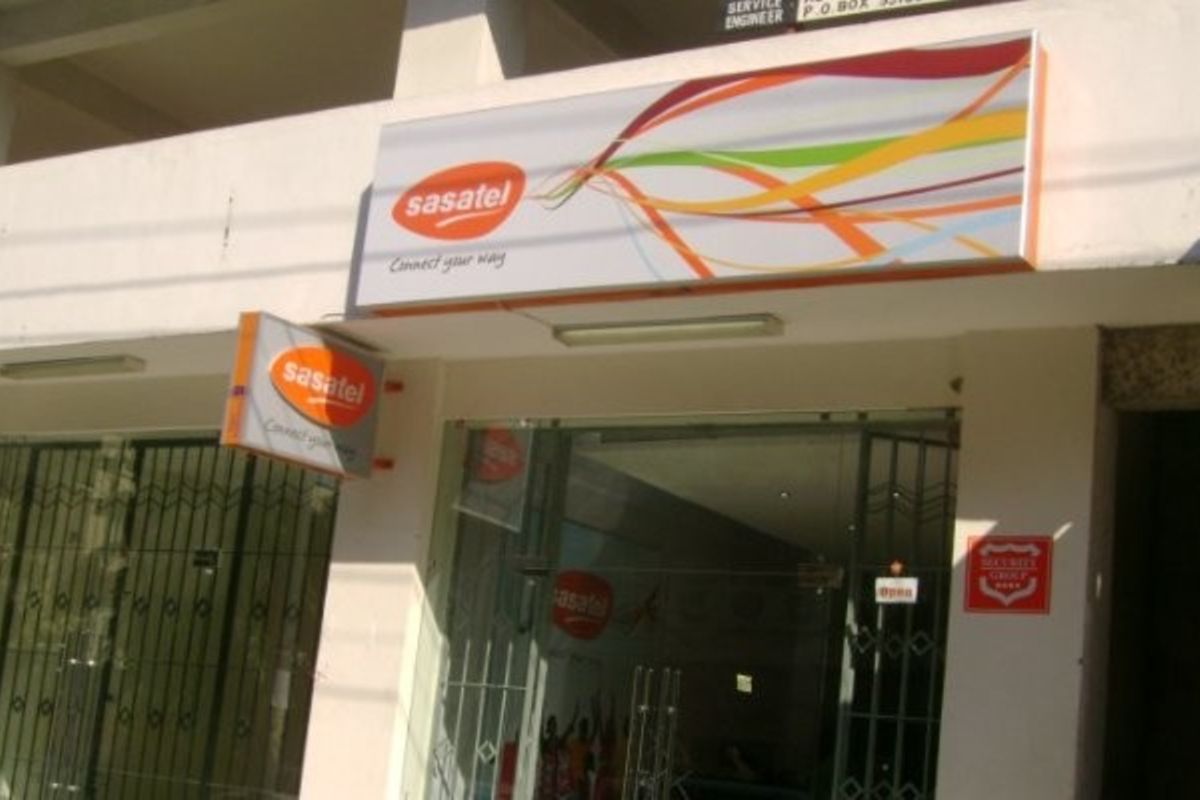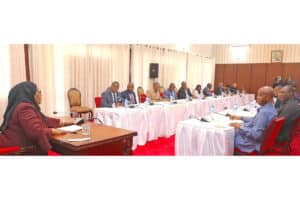Dar es Salaam. The coming of Dovetel Limited, which traded as Sasatel, in 2008 was largely seen as the dawn of a cutthroat competition among operators.
But the company was short-lived after failing to effectively compete with established brands at that time which included Vodacom, Airtel (then known as Zain) and Tigo.
It died a natural death and now, the Registration, Insolvency and Trusteeship Agency (Rita) says it was finalising the liquidation of ‘Sasatel’ and Hydrox Industrial Services Limited after confirming that the duo were unable to operate and settle debts they owe.
The Rita Chief Executive Officer, Mr Frank Kanyusi, said in Dar es Salaam on Monday, July 8, 2024 that the move to liquidate the two firms was meant to protect the rights of shareholders, partners, creditors and employees as well as ensuring that all government taxes and dues were duly paid.
“The general public needs to understand that apart from registering births, deaths, marriages, divorces, and adoptions, Rita also oversees the insolvency of corporate bodies and even that [the insolvency] of individuals. We also register the boards of trustees, management of unclaimed property, drafting and safe keeping of wills, and the administration of estates,” Mr Kanyusi stressed.
In line with its mandate, he said Rita has been authorised by the Court to liquidate or rather privatise the two companies.
As such, he said, Rita has already issued notices to inform the public on sensitivity of the issue especially for those with interests in the two companies who are required to come forward and present their interests before the process was completed.
“The work of insolvency in the country is guided by various laws depending on the type of business being conducted by the company being liquidated,” he explained.
Mr Kanyusi said Rita was committed to fulfilling its responsibilities professionally in line with the key pillars of President Samia Suluhu Hassan’s administration of the 4Rs [Reconciliation, Reform, Resilience, and Rebuilding]
“The laws include the Insolvency Act Chapter 25, the Companies Act of 2012, the Banking and Financial Institutions Act Chapter 342, the Cooperative Societies Act Chapter 211, the Insurance Act 394, the Public Corporations Act, the Deeds of Arrangement Act, and the Trustees Incorporation Act Chapter 318,” he said.














